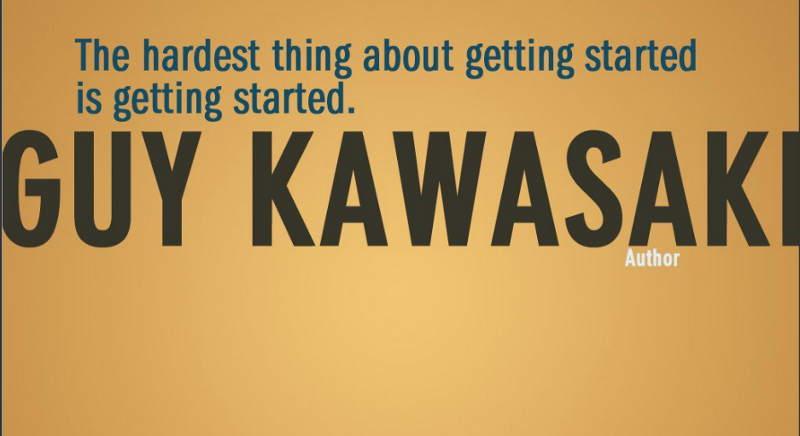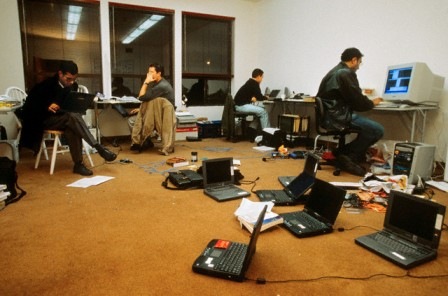One of the best definitions of business that I have read or heard is “Business is a process by which an organization creates, delivers and captures value.” Short and simple. Create, Deliver and Capture. The three main roles of any business, and all of them revolve around the customer. In a way, we all say that we are doing business for money, or to be our own boss, or it is a way of life, but the fact is that a business cannot succeed or survive if it doesn’t have the customer at its focus all the time. Here are my four reasons why we (employees or founders) should treat our customers as friends :-
1. Customers are our biggest teachers
In my previous stint at entrepreneurship, ignoring the customer was the biggest mistake we did. Of course we didn’t realize that we were ignoring the customer till after two years we started SaleRaja, we always thought that we knew what the customer want. Even when we started interacting with customers, we were trying to sell them a product which we built according to their needs (which we guessed) rather than really taking the time to listen to them and understanding their real needs.
2. Most important relationship
If there is one relationship in business which should be friendly, it should be your relationship with your customer, even ahead of your investors and shareholders, but maybe at par with your employees. To thrive in any business, you need to know the pulse of what is happening in the lives of your business. You have to care for them at a level bigger than just your company and your product or service. Treating customers is not just about selling, but about forming long term and mutually benefiting friendships.
3. Connect them on an emotional level
We need to understand our customers, the businesses they run and the challenges they face on a much deeper level than what is generally the norm. We should be willing to stand by our customers in tough times, and support them in whatever way is possible (by even suffering some temporary losses). We should be interested in meeting and talking to them even when we have nothing to talk on the business front. We should always keep and deliver on our promises. We should respect their opinions and ask them for advice. Nobody can give a more subjective view of our company than our customers. Once a customer told me – “I am ready to pay you ten times what you are asking, but you have to give what I actually need.” Only if I was listening 😉
4. You will be rewarded
Being a good friend demands hard work and commitment but if we can do that, nobody can reward us better than our customers. Our customers will love us and never forget how we made them feel. If we stick by them in their tough times, they will do the same. And that is what makes business life so rewarding apart from the usual cold and transactional meetings which are the norm. An example of such a business is Apple. Every Apple customer buys its products not only because of their superior design and quality, but also because of the relationship Apple has forged with its customers over the years.
However, this doesn’t mean that the customer is always right and we do have to be professional in our dealings. But I will leave that for another post.






